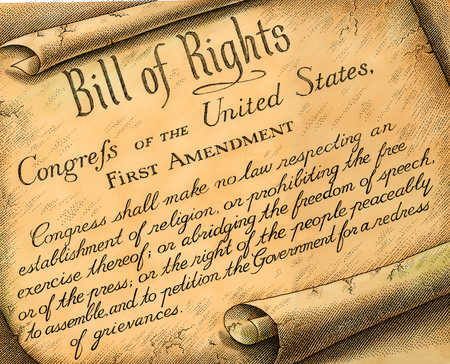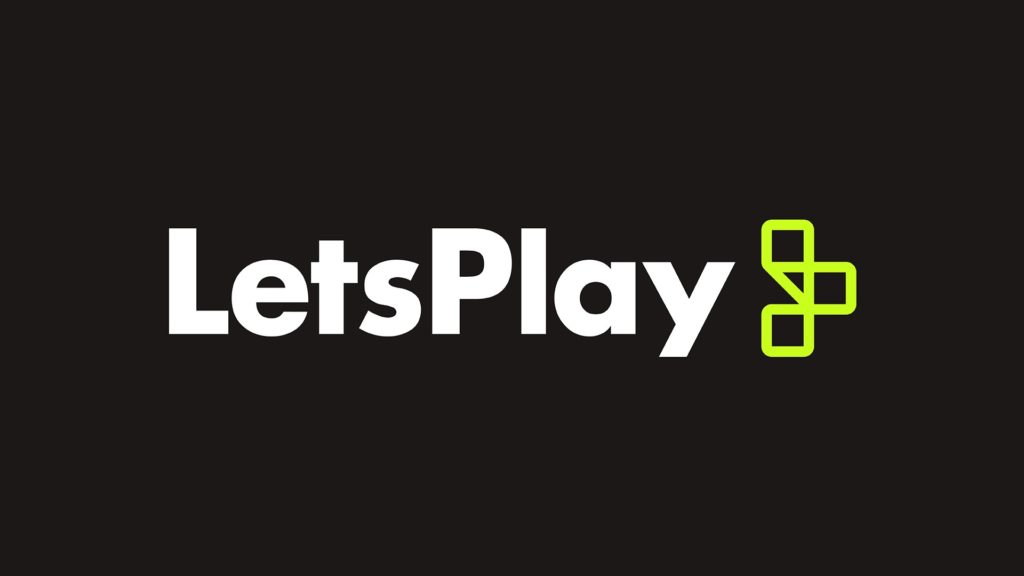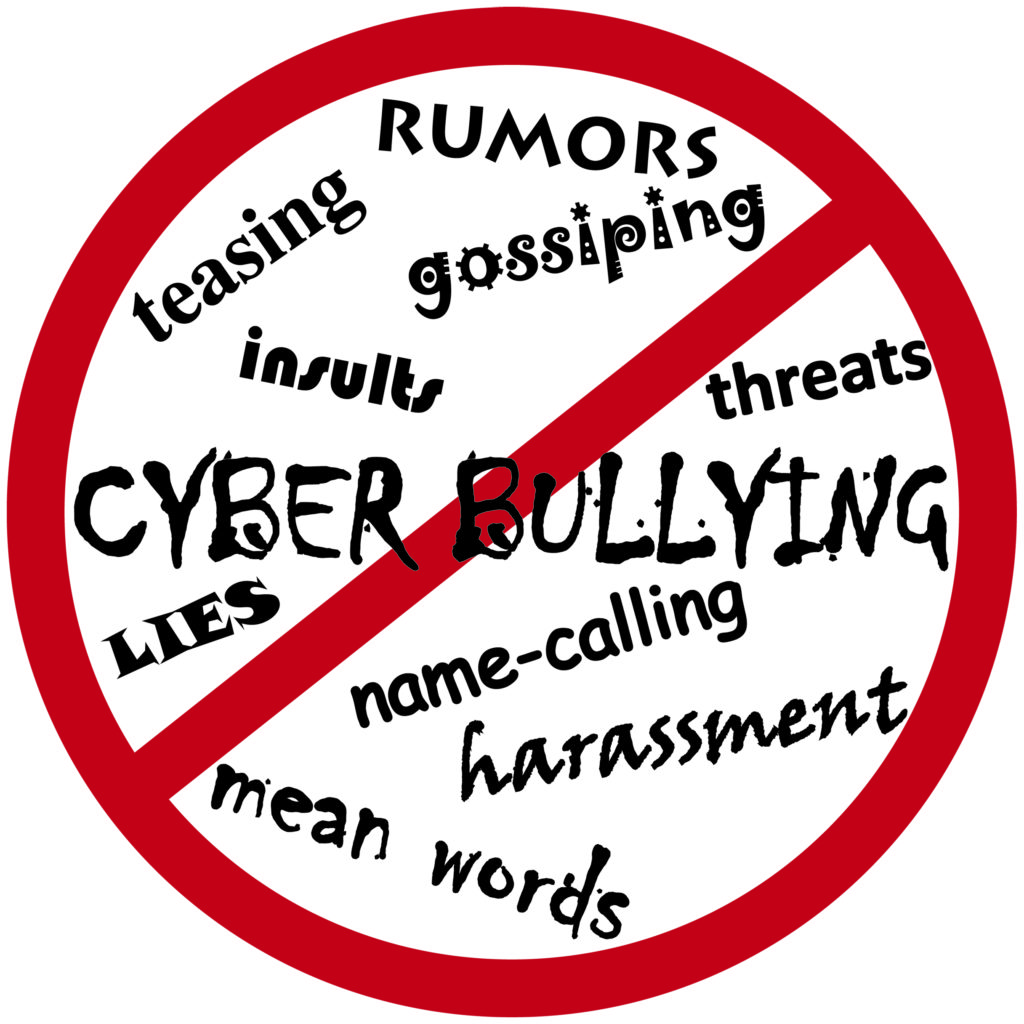
By Mona Ibrahim, February 22, 2017
There is an increasing amount of noise surrounding “freedom of speech”, “fake news”, and everyone’s right to be heard. This requires some consideration as, in the words of Inigo Montoya, “I do not think [Freedom of Speech] means what you think it means.” This has particular bearing on the gaming community. Influencers are playing an increasingly influential role in game marketing. And thanks in part to movements like #GamerGate and oft-cited discrimination and harassment in games, studios and publishers are confronted with community and forum censorship on a daily basis.
No One is Entitled to a Platform
My first voluntary consumption of Felix Kjellberg, aka PewDiePie, came in the form of his response to the recent controversy concerning his split from YouTube and Disney’s Maker Studios. I am not a fan, but that isn’t because I find his content distasteful or offensive. I never jumped on his wave in the first place.
My interest was piqued, however, when he blamed the press immediately after apologizing for his bad judgement. If he were making these accusations to justify and explain his admittedly offensive content, I could understand. However, he seemed to be operating under the misapprehension that the Wall Street Journal and mainstream media intentionally destroyed his relationship with his biggest backers.
His departure from Google and Disney after the now infamous video (where he hired two guys to hold up a sign reading “DEATH TO ALL JEWS” for $5 through the website Fiverr) seems like a no-brainer to anyone with a basic understanding of entertainment contracts. Perhaps his first mistake came from his presumption that either Google or Disney have a sense of humor, or value him for his comedic chops. The contracts he signed with Google (through YouTube) and Disney (through Maker Studios) should have made it apparent that they do not. Any tolerance on their part would be based on financial interest, not out of any respect for his freedom of expression or his budding career as a “rookie comedian.”
Companies typically won’t support you when doing so will harm their brand or otherwise expose them to liability. That’s why YouTube has a code of conduct, and why most contracts for endorsement include rather robust non-disparagement/no disparaging effect clauses. Like this one:
“You may not submit or upload User Generated Content that is defamatory, harassing, threatening, bigoted, hateful, violent, vulgar, obscene, pornographic, or otherwise offensive or that harms or can reasonably be expected to harm any person or entity, whether or not such material is protected by law.” – Disney’s Terms of Use.
Or, if you’d like a more direct example from one of my own agreements:
“Influencer may not:[….] engage in conduct or a pattern of behavior that may: (i) diminish Influencer’s reputation as a personality in the gaming community; or (ii) as a result of [Company’s] association with Influencer, harm [Company’s] reputation.”
Typically a non-disparagement clause won’t act alone to limit influencer conduct in an agreement. Some agreements will include strong “moral” clauses, broad warranties and representations, and at will termination as additional means of controlling the influencer or providing backers a buffer if the Influencer’s conduct creates a problem. For example, a moral provision may prohibit an influencer from engaging in behavior in his or her private life that may amount to a scandal, while almost any reps and warranties provision will include a proviso prohibiting content that is defamatory or otherwise subject to legal action.
In the interest of fairness, it is possible that the relevance of such provisions weren’t made clear to Felix– in an effort to court lucrative talent, backers may treat such verbiage as boilerplate until and unless something triggers it. I’ve heard “they said we don’t need to worry about that part,” from more than a few clients. This doesn’t absolve responsibility on the part of the talent. You should read and treat as enforceable anything you want to sign. If you’re not sure, consult an attorney and save yourself trouble down the road.However, it’s generally common sense that companies like Google and Disney are in this for two main reasons—it helps their bottom line, and it’s good for brand building. When an influencer under contract does something that harms that brand, they are materially breaching their contract. That means termination.
Thus my surprise. Felix admitted that his content was offensive and he crossed the line, that he exhibited poor judgment, and that his amateurish attempt at comedy was a failure. He effectively admitted to breaching his contracts with Disney and Google. The context for his “joke,” and whether mainstream media took it out of context, has nothing to do with it. It’s reasonable for companies like Disney and Google to consider mainstream media as the litmus test for what is considered offensive—their respective brands cater to a far broader demographic than PewDiePie’s followers, after all. Welcome to the wonderful world of entertainment, Felix. You’ve joined an elite club of performers, comedians, and artists who crossed the line. No one is entitled to a platform—your platform is a privilege that you will lose if you breach the terms under which that platform operates.
This Has Nothing to do With Free Speech
More alarming is the response by supporters, or rather, the response against detractors. It’s ironic that the people who use terms like “feminist” and “social justice” as pejoratives will, in the same breath, claim that someone’s freedom of speech is being infringed upon. Yet that is exactly the defense raised on behalf of PewDiePie by folks on Twitter, YouTube, and various blogs. This isn’t a novel response. When Twitter banned Milo Yiannopolous, we heard the same refrain. Felix has already confirmed that a subset of his fan base consists of white supremacists. As many of us have witnessed, that particular subset is known to be more vocal about a perceived injustice than your average netizen.
But let me go ahead and get this out of the way:
A private individual’s right to tell you to shut up, and a company’s right to censor your offensive content, are both protected by the first amendment.
If a client of mine terminates a player’s subscription because they violated a game’s code of conduct by spamming a chat channel with anti-Semitic rhetoric, they are well within their contractual rights to terminate that subscription. Your participation on a platform like Twitter, YouTube, or one of the excellent games offered by my clients, however, is not. That is strictly governed by the Terms of Service or EULA you agree to when you sign up. If you are an Influencer, your continued support from your backers is contingent on your compliance with whatever non-disparagement language you’ve agreed to. Almost every platform available to you is offered by a private entity. Surprise! Welcome to Capitalism!
The first amendment isn’t prohibitive against society at large—it protects society from government action. This typically shouldn’t be a point of confusion, as the text itself is clear and unequivocal:
“Congress shall make no law respecting an establishment of religion, or prohibiting the free exercise thereof; or abridging the freedom of speech, or of the press; or the right of the people peaceably to assemble, and to petition the Government for a redress of grievances.”
The context of “free speech”, in roughly every territory where free speech exists, is uniformly a limitation on government power to suppress that right. Your personal feelings about censorship notwithstanding (or mine, for that matter), your only recourse against censorship on a platform provided by a private company is to not use that platform. There is no legal recourse—if there were, that really would violate the First Amendment. Clearly no one wants that.
The reason I say all of this is simple. When someone decries “censorship” and claims “free speech”, they generally are not talking about the right to say what they want. They are talking about the right to say what they want wherever they want to share it, and that is a distinction that crosses the line between “fundamental human right” and “moral rationalization.” No one is morally obligated to listen to another person’s opinion. No one should feel morally obligated to offer a platform for someone’s message when they consider that message offensive. Freedom of speech does not place one person’s rights above another person’s right, simply because the other provides the platform. That rationale subverts the fundamental right to freedom of speech generally.
Conclusion
We like to see the Internet as an open platform for the free exchange of ideas. Many of the companies who make the Internet possible (and they are each and every one private corporations) do their best to make that a reality. But as we begin to recognize the risks associated with that free exchange, companies must take measures to safeguard the privacy and happiness of their consumers. This necessarily means censoring the content shared online. We are comfortable with censorship intended to protect us (e.g., prohibitions against sharing your personally identifiable information, passwords, etc. online), but we are less comfortable with censorship designed to protect others (e.g., codes of conduct).
The bottom line is that when you engage in free speech online, you typically do so as a consumer of the platform you are using. Normally you won’t have the opportunity to negotiate the contracts you are bound to (whether it be a ToS or EULA) when you use those services. Even the most successful influencers, Felix included, are bound by provisions that limit their behavior– in fact, they are often subject to greater restrictions because of their influence on the brand. The reality is that your right to free speech may directly conflict with the agreement you’ve entered, and engaging in some kinds of speech will almost certainly cost you a contract.





0 Comments